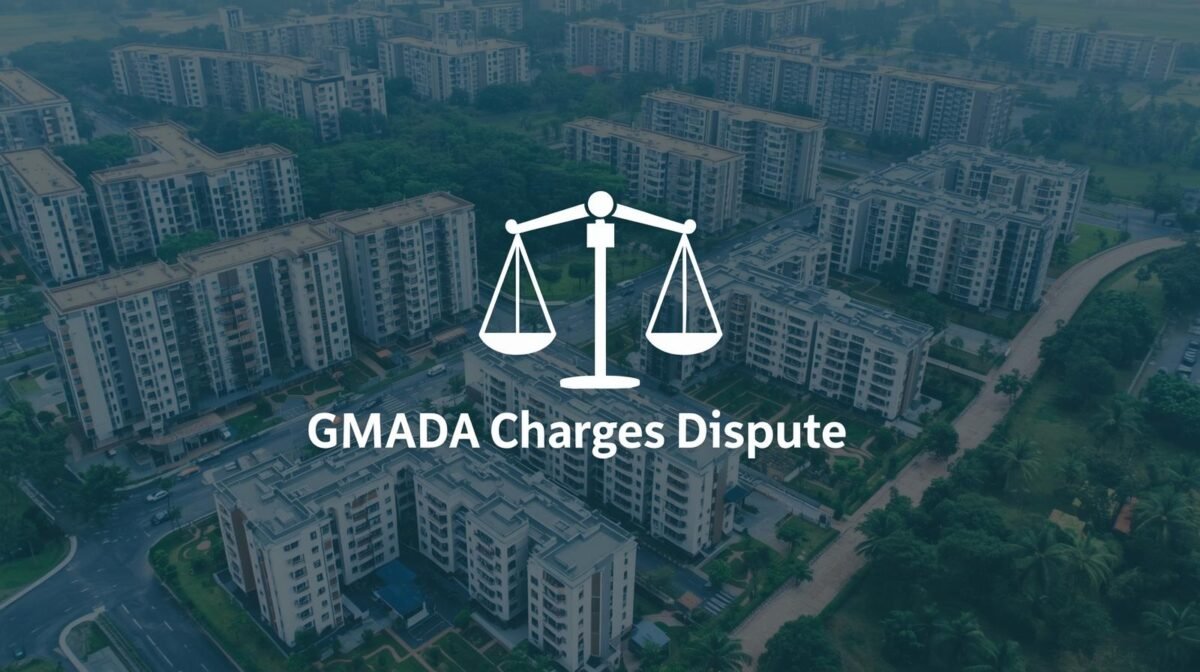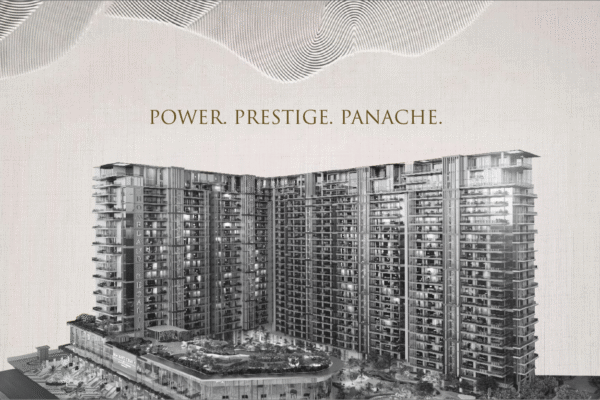Estimated reading time: 4 minutes
The Greater Mohali Area Development Authority (GMADA) has reiterated that residents of Sectors 76 to 80 must pay interest on delayed enhancement charges, despite objections raised by nearly 30,000 allottees. In a detailed reply to the Sector 76-80 Plot Allotment Welfare Committee, GMADA maintained that the liability for additional costs rests squarely with the residents.
Enhancement charges are additional sums levied on allottees to compensate landowners for acquisition costs. In this case, GMADA had earlier assessed charges at ₹3,164 per square metre. Following strong opposition, the authority sent a proposal to the Punjab government seeking to reduce the figure by nearly ₹800 per square metre. If approved, allottees would face a revised rate of about ₹2,400 to ₹2,500 per square metre.
The issue has triggered years of contention between residents and the development authority. Allottees argue that the initial enhancement amount was pegged at ₹300 crore in 2013, but GMADA’s failure to collect dues on time led to an additional ₹288 crore in accumulated interest. Residents contend that shifting this burden onto them is unjustified.
The committee, led by president Sucha Singh Kalaur, has challenged GMADA’s calculations in court. Kalaur has argued that applying the 2019 policy retrospectively, years after the original allotment and five years after the Supreme Court’s enhancement orders, is an illegal assessment. He pointed out that GMADA had already calculated additional costs in 2013, making the subsequent revision questionable.
In its reply, GMADA defended the move by stating that the 2013 figure was only an interim calculation. The authority argued that subsequent court rulings necessitated a revision in 2019, and both sets of figures cannot be treated as separate policies. According to GMADA, the allotment letters clearly specify that any additional price imposed on land would ultimately be recovered from the allottees.
The disagreement has highlighted the delicate balance between development costs and resident expectations. GMADA has argued that delayed payments deprived it of interest earnings. By its assessment, had the payments been made on time, the authority would have gained returns from bank deposits. Instead, it now claims that residents are liable to cover the lost interest by paying at an 8 percent rate.
Residents have rejected this argument, saying the imposition of interest is unfair given the delay stemmed from GMADA’s own inaction. The committee has also raised concerns about land that was initially earmarked for Sectors 76 to 80 but later included in Sectors 85 to 90, questioning why the additional charges apply to them. GMADA has agreed to review this point, but no final decision has been communicated.
Another contentious issue relates to how the saleable area was calculated. According to the committee, guidelines approved in a 2019 GMADA meeting under the then chief minister were subsequently revised in 2022. That revision reduced the saleable area, effectively increasing the burden on residents. The committee has described the move as arbitrary and unjust.
GMADA has countered that public institutions built within these sectors, including educational and religious facilities, are intended to serve the wider community. As such, it has argued, the additional price liability should be spread across residents in Sectors 76 to 80.
The matter is now awaiting clarity from the Punjab government. If the proposed reduction in enhancement charges is accepted, it could provide some relief to thousands of households, many of whom have been paying for their plots for over a decade. Until then, the dispute over whether residents should bear the cost of delayed collections remains unresolved.
For homeowners in Mohali, the case is more than a technical battle over calculations. It underscores the broader challenge of urban development in one of Punjab’s fastest-growing hubs. With housing demand rising, policy clarity and transparent communication are becoming increasingly critical to maintaining trust between authorities and citizens.
As the legal and administrative process continues, residents remain hopeful that the state government will recognize their concerns. For now, GMADA’s position on enhancement charges in Mohali stands firm, leaving thousands of families uncertain about the final financial burden they may have to bear.
Enhancement charges are additional amounts levied by the Greater Mohali Area Development Authority (GMADA) on plot allottees to compensate landowners for land acquisition costs.
Residents argue that GMADA delayed collecting the dues, which led to heavy interest accumulation. They claim the authority is unfairly shifting this burden onto them years after the original allotment.
If the Punjab government approves GMADA’s proposal, the rate would fall from ₹3,164 per square metre to around ₹2,400–₹2,500 per square metre.
GMADA has applied an 8 percent interest rate, saying the delay deprived it of bank earnings it would have otherwise collected on time.
The Punjab government must approve GMADA’s proposal to reduce charges. Until then, the final payable rate and liability for interest remain unresolved.















